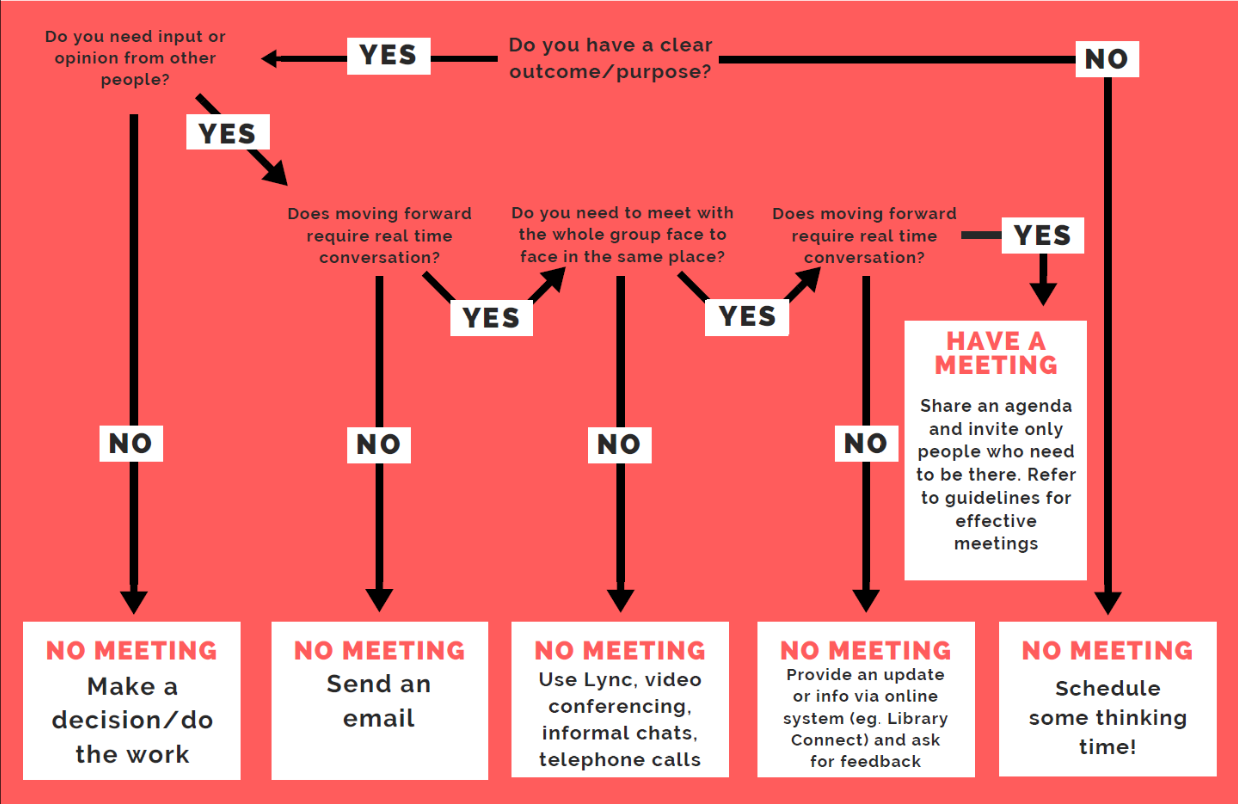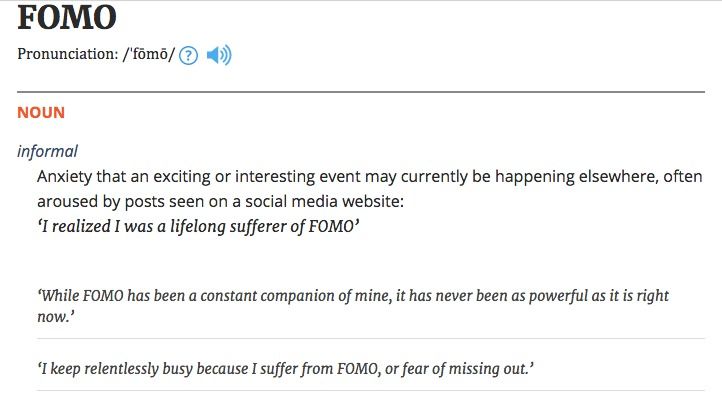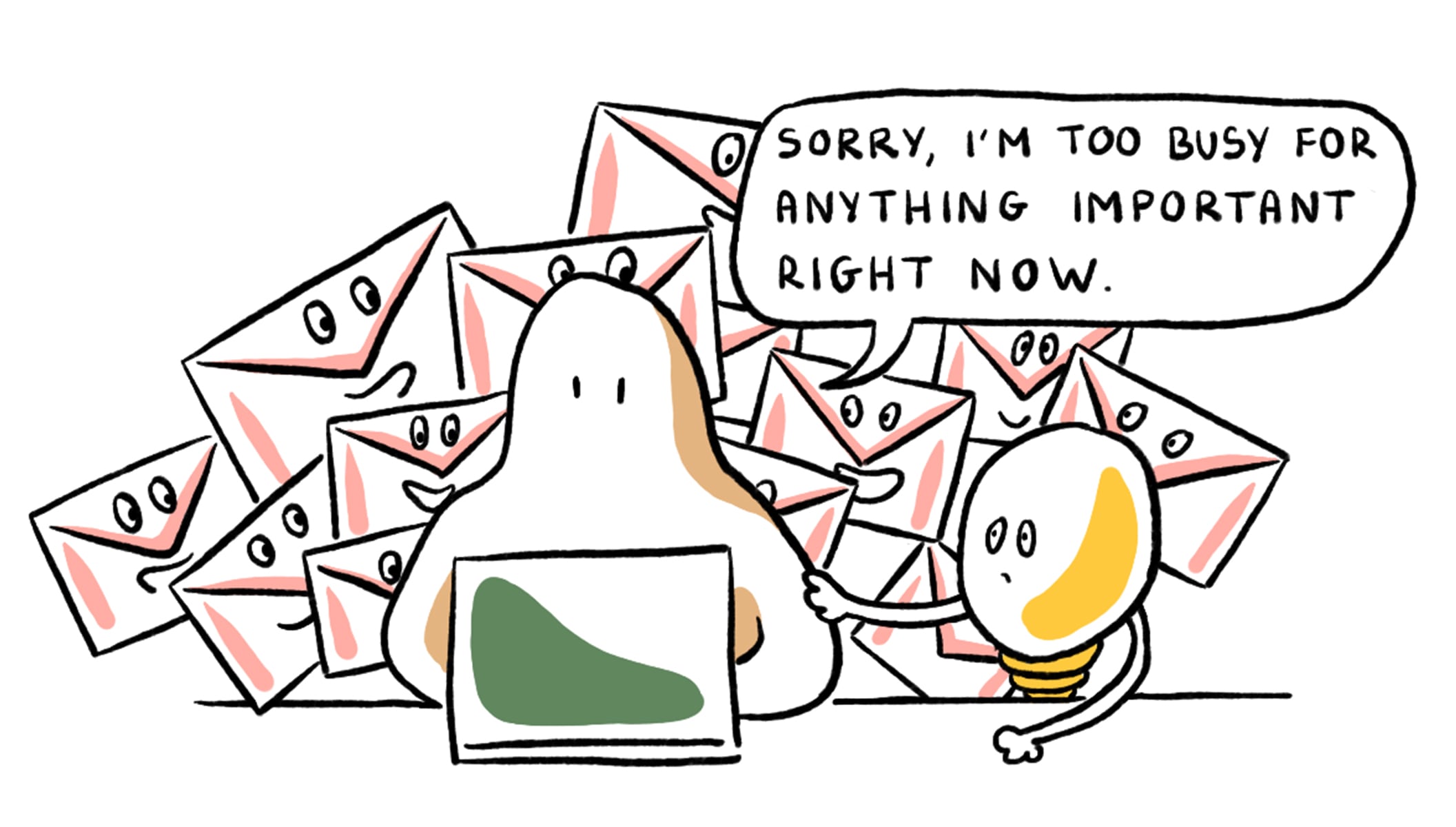Team meetings are a necessary evil regardless of people being reluctant to attend them. They can provide a space for creative thinking, idea generation, and problem-solving.
But how often do they work?
Despite the overwhelming consensus, meetings are often unnecessary and unproductive. Even worse, online team meeting organizers are engrossed in what to say instead of listening to the participants or ensuring that the meeting is engaging. Sometimes, people are fobbed off with a simple "he/she is in a meeting."
While there isn't a way to entirely eliminate meetings, a greater awareness of the psychology of virtual meetings and their purpose can help you work together towards healthier communication and effective interactions.
Applying Psychology in Meetings

There are several types of research in psychology about meetings and their relation to attention, leadership, group dynamics, brainstorming, strategy, persuasion, and others. While some of the research implications are favorable to meetings, others are not.
For instance, a team of psychologists reviewed almost 200 scientific studies about workplace meetings to understand how to make the most out of meetings. The report was published in the Association of Psychological Science.
The psychologists concluded that meetings—in and of themselves—are not bad. The way meetings are conducted and the attitudes of the participants towards the meetings are what needs to change.
Meetings are necessary for solving problems, decision-making, clarifying issues, generating ideas, and building good relationships with coworkers.
Now imagine if they are all poorly organized with no set agenda? You'll be falling into a rabbit hole of time loss and employee dread.
By understanding (and applying) the psychology of virtual meetings, you can make your meetings matter.
Here are some tips to help you achieve that.
Before The Meeting
1. Understanding the Purpose of Meeting: Attending meetings isn't work; they take you away from actual work. Do you have a reasonable explanation as to why you're holding a meeting? If not, think twice before scheduling it.

2. Creating an Agenda: Have a clear objective and a plan of action for the meeting: label decisions to be made, problems to be solved, and information to be understood.

3. Being Prepared: When you need your team to make decisions based on source material, send the reports, statistics, and analytics data beforehand. Give them time to refer and jot down research-backed opinions or arguments before taking a final call.
4. Delegating Team Meeting Roles: If there isn't a chairperson, do it yourself. Be in charge of creating the plan and assigning roles to others. Delegating responsibilities to team members makes everyone's work smoother.

5. Automatically Record and Transcribe Team Meetings: Having a record and automated transcripts of each meeting is important for decision-making. Both will help you drive important conclusions. Meeting recording and accurate transcripts will also serve as a blueprint for future decisions.
6. Making an Attendee List: Only invite the ones who need to be there. Every additional person incurs time and effort. Be selective and let everyone know who's going to be present. If you think someone doesn't have a role to play or cannot contribute, take them off the list.
During the Meeting
1. Collaborate Effectively: Meetings have to be more about strategizing, brainstorming, and discussing rather than merely reporting. Allow participants to set goals, facilitate work problems and seek feedback.

2. Let Everyone Speak: Don't let talkative teammates dominate the meeting. In fact, ask questions/inputs from everyone. You could take turns by going around from one person to another. A study revealed that giving each meeting participant the time to speak and contribute their ideas results in productive team meetings.
3. Include Team Icebreakers for Meetings: Meetings needn't follow a strict schedule all the time as it could get monotonous. You could stimulate positive meeting behaviors by making space for humor, trying out virtual games for team meetings, introducing something new that inspires and educates the participants, like a Ted Talk, or rewarding someone's achievement.

4. Encourage Open Discussions: Let your team members ask questions and share their opinions. It could be about their most significant achievements or challenges. You could pose questions that encourage them to ask for helpful resources.

5. Talk About Your Meeting Progress: As your meeting moves on, mention the progress of your agenda at intervals. If you've discussed three points so far, discuss and recap the team decisions before stepping to the next section.
6. End on Time: Don't let a time slot rule the meeting. Several studies claim that an hour-long meeting could affect an entire day by taking away a person's productive hours.
After the Meeting
1. Send Meeting Recaps to Teammates: Referring to meeting notes is essential as it helps you and your teammates keep track of what was discussed. You can automate this

2. Assess Your Meetings: As attendees, it's essential to critique your meetings and progress periodically. Revisit ground rules, the pace and flow of meetings, and how they can be improved further.
3. Follow Up: Do check in with your team members to see if they've achieved their goals discussed during the meeting.
4. Seek Feedback: Reviews can help structure and consistently improve future meetings. Additionally, you can identify the issues with existing meetings and work to increase employee satisfaction and engagement. Ask questions like What helped? What can be improved? What worked and what didn't? This way, your teammates will know that their opinions matter and are valued.
5. Make an Event: Turn your meetings into social occasions once in a while. Take time to meet your teammates to catch up on things in person. You could go out for dinner/brunch or even play a sport together.

6. Prepare Ahead: Always look ahead and beyond, think about the progress you've made so far, and plan future actions. As a team, you work towards the same goals and need to nudge each other towards growth.
Psychological Principles You Can Use In Your Meetings: How to Read Your Audience
Hosting successful meetings means having the necessary skills to understand each person and their engagement or disengagement in discussions. So much goes on during a team meeting that's often overlooked, like the body language of your participants. In fact, there's a lot more conveyed than what's actually said.
Emotional Displays
Several studies prove that people act differently when they are being watched. Seeing oneself on screen can also lead to better behavior which has also been seen to improve employee attention, productivity, and performance. This strongly suggests that being on camera during a video call can make the meetings more productive and engaging.

Eye Contact: Lacking eye contact usually means that the person is uncomfortable. If this happens to any of your participants, note it and discuss it with them later on. Never address the issue while on call, as it will only distract you and your team from the agenda.
Fidgeting: A person's posture can indicate many things like boredom, frustration, or even disinterest. You could engage the person by asking them simple questions or any opinion to encourage involvement and a sense of comfort.
Yawning: Now, this is seen quite often in meetings that are prolonged for no good reason. But if this happens while you've just begun the call, it could mean something more than the person not getting enough sleep. Is their task tedious? Are they facing any other difficulties at work? Schedule a one-on-one if required.
Meeting FOMO

FOMO or fear of missing out is why people end up with too many unnecessary meetings. It is a common misconception that you need to be present at all times to be an ideal worker.
This can result in excessively inflated invite lists and tight schedules—taking away your valuable time to do actual work. Not attending a meeting or leaving out someone who isn't relevant to the discussion is more respectful than wasting time.
Ensure to communicate when the meeting is optional and let the person know that you appreciate their presence, but it's best they spend their time on other essential tasks. You could also consider taking inputs from them beforehand.
Encourage your team to decline meetings if they aren't up for it, or decline it yourself if you think it's unnecessary. You could block your work hours on the calendar to avoid others from scheduling meetings during that time. Research has indeed shown that fewer meetings lead to more productive employees.
Selfish Urgency
Urgency is toxic.
An egocentric bias makes it hard for you to see things from a different perspective. When you are more focused on your own desires than others, it yields a "selfish urgency" phenomenon in team meetings.

In such cases, managers schedule meetings based on convenience without consideration for their teammates; they forcefully shift everyone's calendar to accommodate the managers' schedules.
One way to address this challenge is to proactively remind yourself that asking a team to attend meetings could incur monetary costs. According to Harvard Business Review, a company found out that 90-minute meetings among their middle managers cost them more than $15 million a year.
Work together to find a convenient time for all and consider keeping it short and sweet, or cancel the meeting altogether whenever necessary.
Pluralistic Ignorance

Ever sat through an hour-long boring meeting and wondered why you're the only one who felt that it was pointless?
Psychology suggests that you're probably assuming that you're the only frustrated person in the room. Pluralistic ignorance is when everyone in the room has the same experiences but thinks the other person doesn't feel that way. This leads to everyone secretly agreeing to something they all disagree with.
There have to be open discussions and feedback sessions after meetings to overcome pluralistic ignorance. Working together on the feedback can bring in a drastic change to unproductive meetings.
The Mere Urgency Effect

People are often reluctant to decline meetings because scheduling and attending too many meetings make them feel like they've accomplished something during the day.
This is known as the Mere Urgency Effect, a phenomenon where people do unimportant tasks like they are seemingly urgent because it provides them with some relief.
The solution? cancel recurring meetings and instead of asking, "does anyone have anything to add?" say, "let's cancel the call if no one has any new update." Not sure if this meeting is necessary? Cancel it, it's most definitely an unimportant meeting.
Final Thoughts
Meetings are a chance to show appreciation and not kill morale; be sure never to encourage negative reinforcement. Stay focused on team goals and employee satisfaction by acknowledging and appreciating good work.
Above all, apply these team meeting ideas and principles of psychology for effective and successful meetings.
Do you have any other psychology principles that you think we've missed out on? Let us know in the comments!








